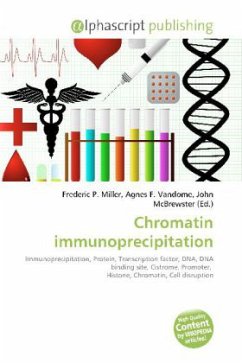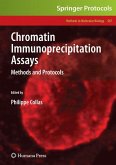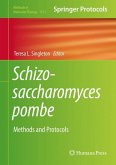Please note that the content of this book primarily consists of articles available from Wikipedia or other free sources online. Chromatin Immunoprecipitation (ChIP) is an experimental form of immunoprecipitation used to investigate the interaction between proteins and DNA in the cell. It aims to determine whether specific proteins are associated with specific genomic regions, such as transcription factors on promoters or other DNA binding sites, and possibly defining cistromes. ChIP also aims to determine the specific location in the genome that various histone modifications are associated with, indicating the target of the histone modifiers. Briefly for the method, protein with chromatin in a cell lysate is temporarily bonded, the DNA-protein complexes (chromatin-protein) are then sheared and DNA fragments associated with the protein(s) of interest are selectively immunoprecipitated, then the associated DNA fragments are purified and sequence are determined. These DNA sequences are supposed to be associated with the protein of interest in vivo.
Bitte wählen Sie Ihr Anliegen aus.
Rechnungen
Retourenschein anfordern
Bestellstatus
Storno








